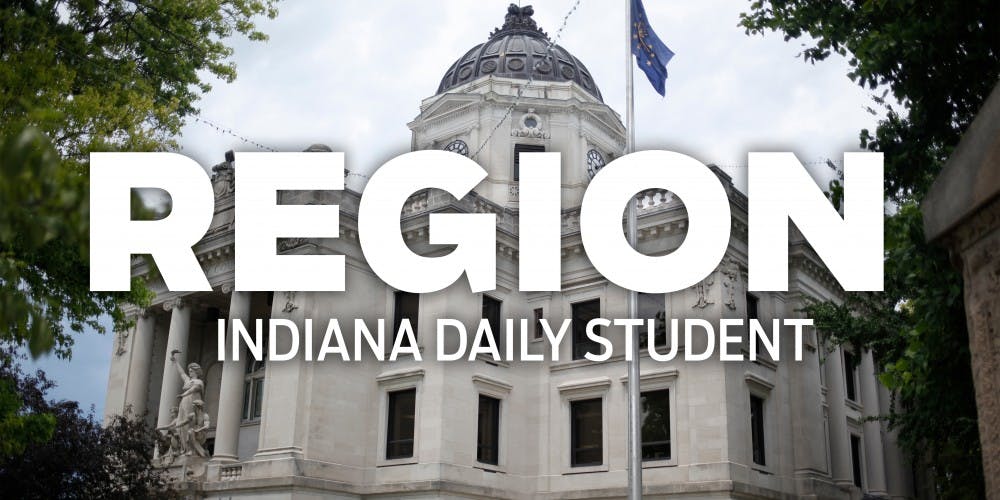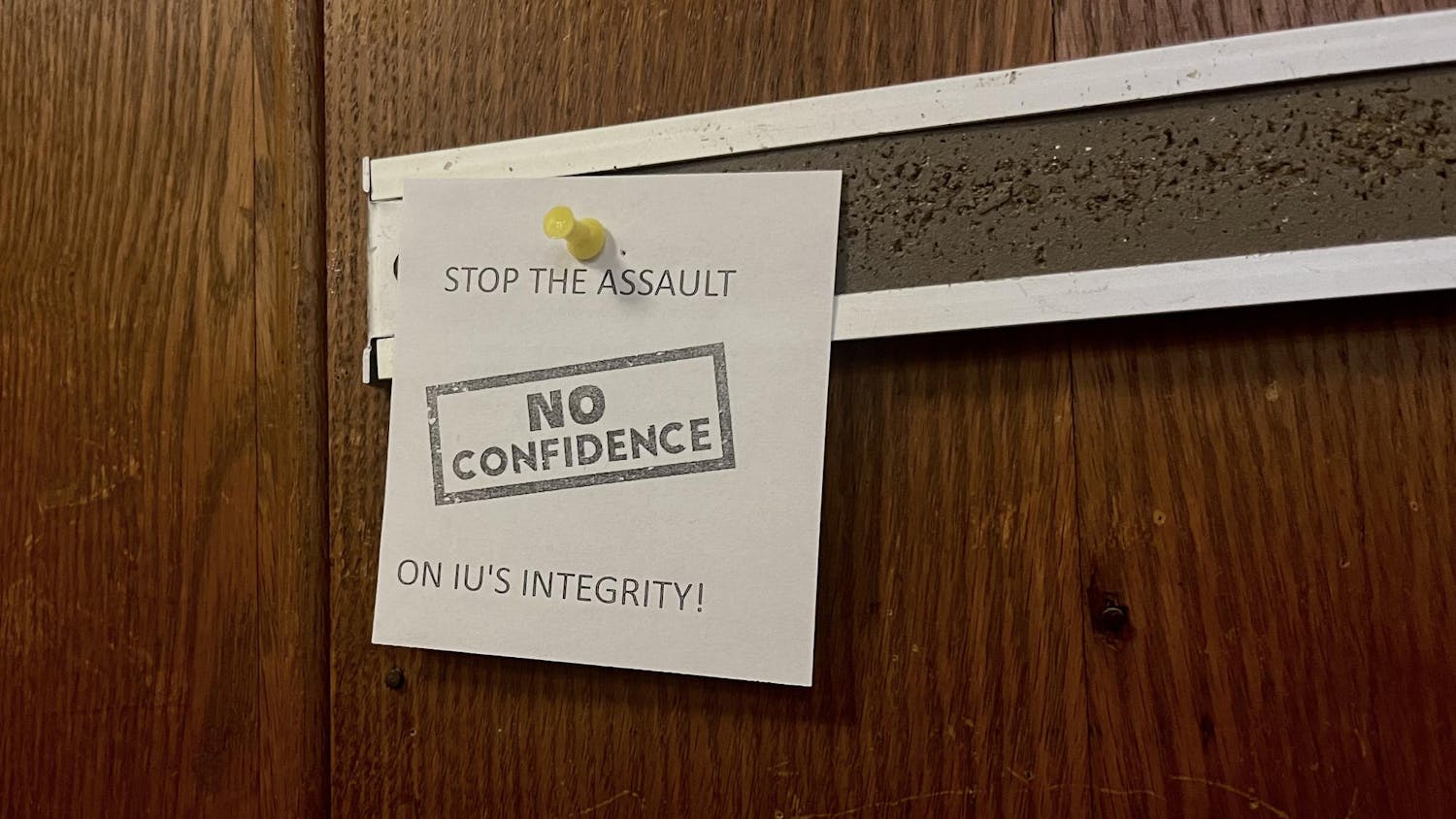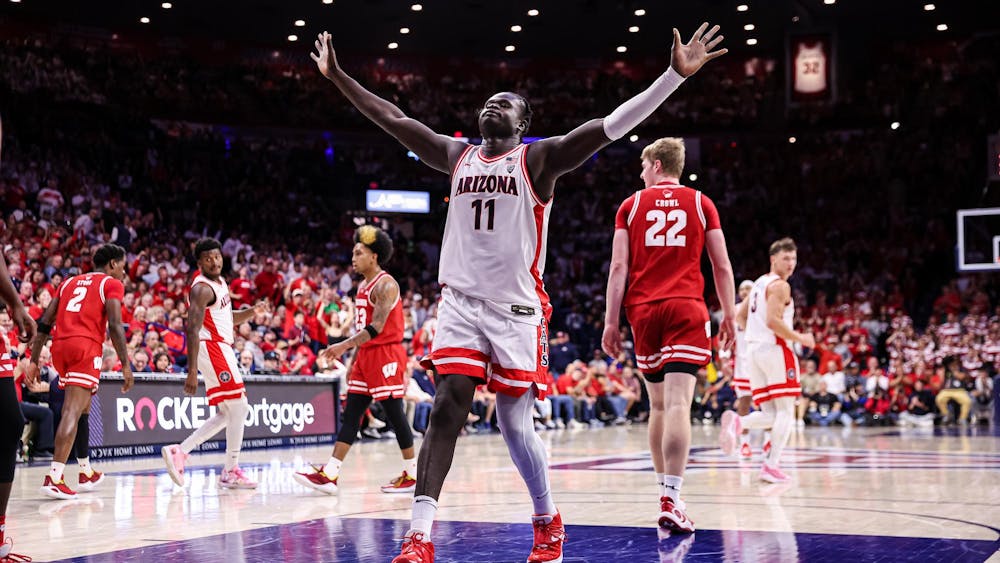The Monroe County Sheriff’s Office briefly announced Tuesday that it would not be administering naloxone, an opioid-reversing medication, in the field before reversing the policy.
After the initial announcement Tuesday at 10:30 a.m. , Sheriff Brad Swain announced that he had received enough naloxone kits that afternoon to replenish the department’s supply and return to the department’s standard policy of administering the medication in overdose situations.
Naloxone, a medication that blocks the effects of opioids, was being carried by deputies in the field to administer in the case of overdose.
However, a shortage of the medication forced the sheriff to reprioritize how naloxone would be used in the field.
Swain had originally instructed his deputies on Monday to reserve their nasal kits in case they needed to use them on themselves. He was concerned about the possibility of deputies coming into contact with fentanyl, triggering an overdose and not having medication on hand to reverse it.
“Just a little bit on the skin and any officer could overdose, and that has happened,” he said. “The fact it hasn’t happened here is irrelevant.”
Fentanyl, a synthetic opioid medication, is 50 to 100 times more potent than morphine, according to the National Institute on Drug Abuse.
“You could easily give your last naloxone and be exposed right after that,” he said. “My primary concern is always of my deputies. That always has to weight heavily on everything we do.”
The department supplies its deputies with a nasal spray format of the medication.
“It’s the only practical one for nonmedical first responders,” Swain said.
The department received 100 units of naloxone from the Monroe County Health Department after expediting paperwork. Overdose Lifeline, an Indianapolis-based non-profit organization, provided another 50 kits. With enough kits to disperse to his deputies, Swain reversed his earlier policy.
Indiana Recovery Alliance, a local non-profit, also provided naloxone kits. However, Swain said that his department would be unable to use them because they were an intramuscular type of naloxone.
Emily Eckelbarger






